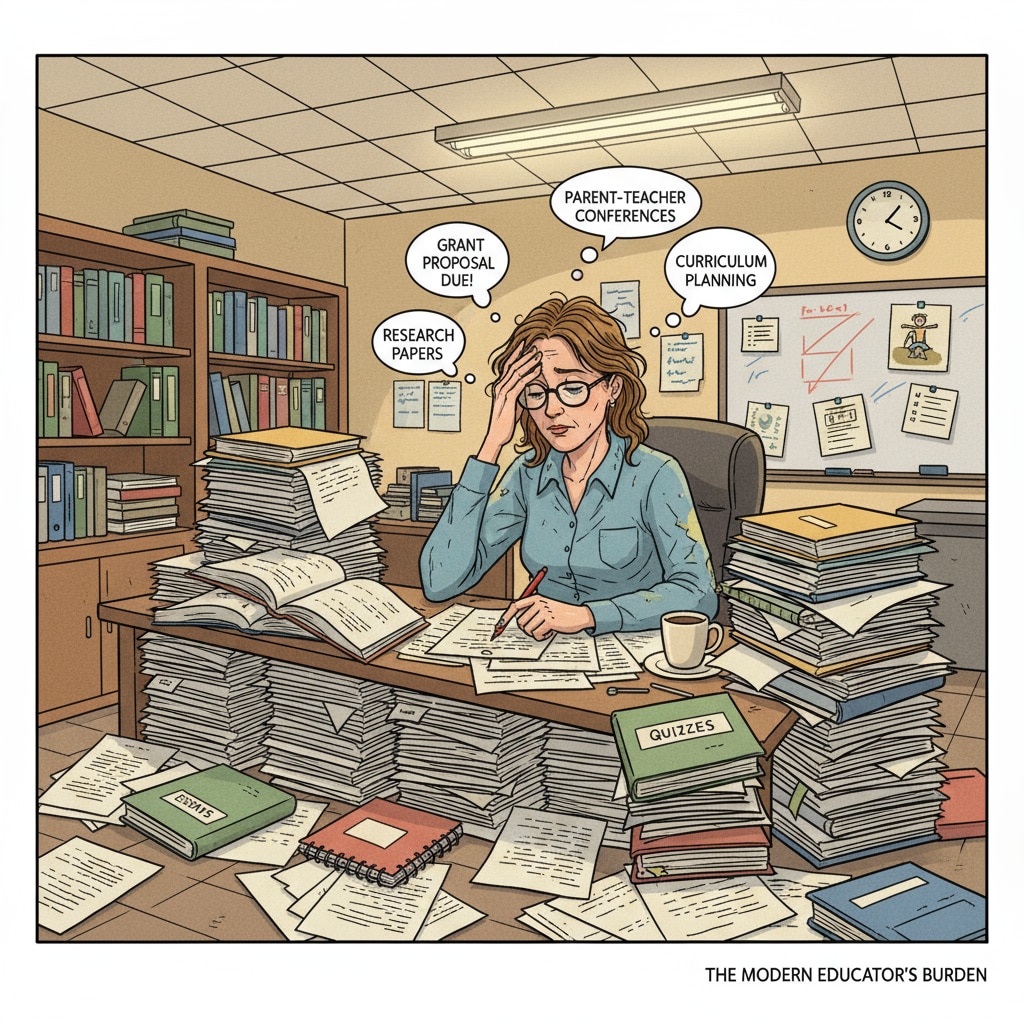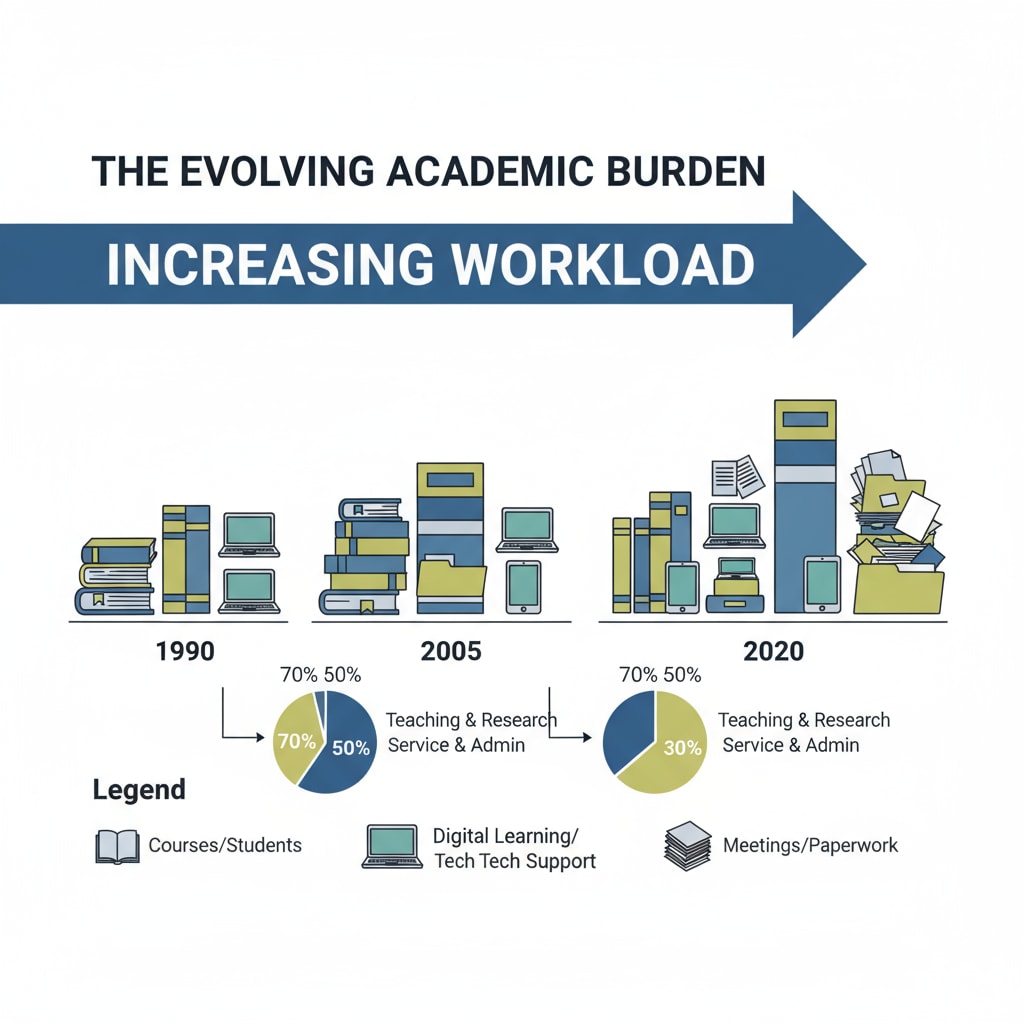In higher education, professionals often encounter the complex issues of job reclassification, extra work, and salary negotiation. The situation of being assigned additional responsibilities without formal negotiation is a prevalent and troublesome phenomenon in this field. This article aims to analyze the reasons and impacts behind it and offer practical strategies for educators to safeguard their rights while maintaining career development.

The Phenomenon of Unnegotiated Extra Work in Higher Education
Educators in higher education frequently find themselves burdened with extra tasks that were not part of their original job descriptions. For example, a professor might be suddenly required to take on administrative duties such as managing a new academic program in addition to their teaching and research responsibilities. This unannounced expansion of duties can catch them off guard. As a result, they are left scrambling to balance multiple tasks without proper preparation.
Underlying Reasons for Unnegotiated Job Reclassification and Extra Work
One of the main reasons is the changing landscape of higher education. With the growth of new academic fields and the increasing demand for diverse educational services, institutions often need to reallocate resources and responsibilities. However, this process may not always involve proper communication with the staff. In addition, budget constraints can also play a role. Instead of hiring new employees to handle new tasks, institutions may assign them to existing staff. According to The Chronicle of Higher Education, these factors contribute to the problem of unnegotiated extra work and job reclassification.

The Impact on Educators
This situation has several negative impacts on educators. Firstly, it can lead to high levels of stress and burnout. The excessive workload can make it difficult for them to maintain a healthy work-life balance. Secondly, it may affect their professional development. With limited time and energy, they may struggle to engage in research, attend conferences, or pursue further training. As a result, their career progression could be hindered.
Strategies for Dealing with Unnegotiated Extra Work and Salary Negotiation
Educators should start by having an open and honest conversation with their supervisors. They can explain the current situation, the challenges they are facing, and the impact on their work and personal life. When it comes to salary negotiation, they should research industry standards and gather evidence of their additional contributions. For more insights on salary negotiation in higher education, The American Association of University Professors provides valuable resources. In addition, educators can also explore alternative solutions such as sharing the extra work with colleagues or getting additional support.
Readability guidance: The key points are presented in short paragraphs and lists for better understanding. Each H2 section provides a clear focus. The proportion of passive voice and long sentences is controlled, and transition words are used throughout the article to enhance flow.


